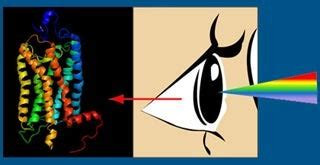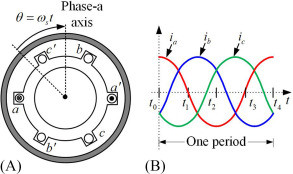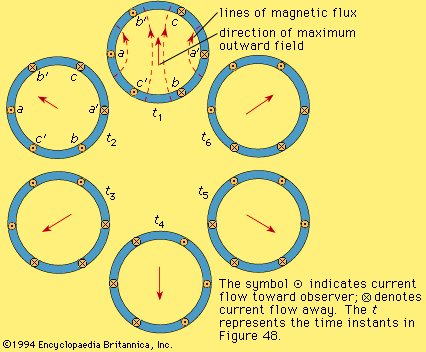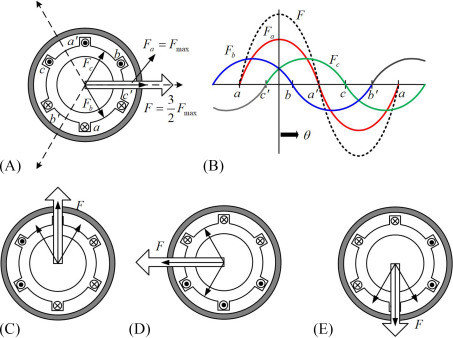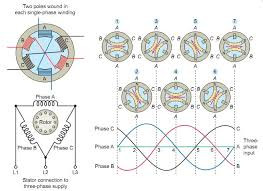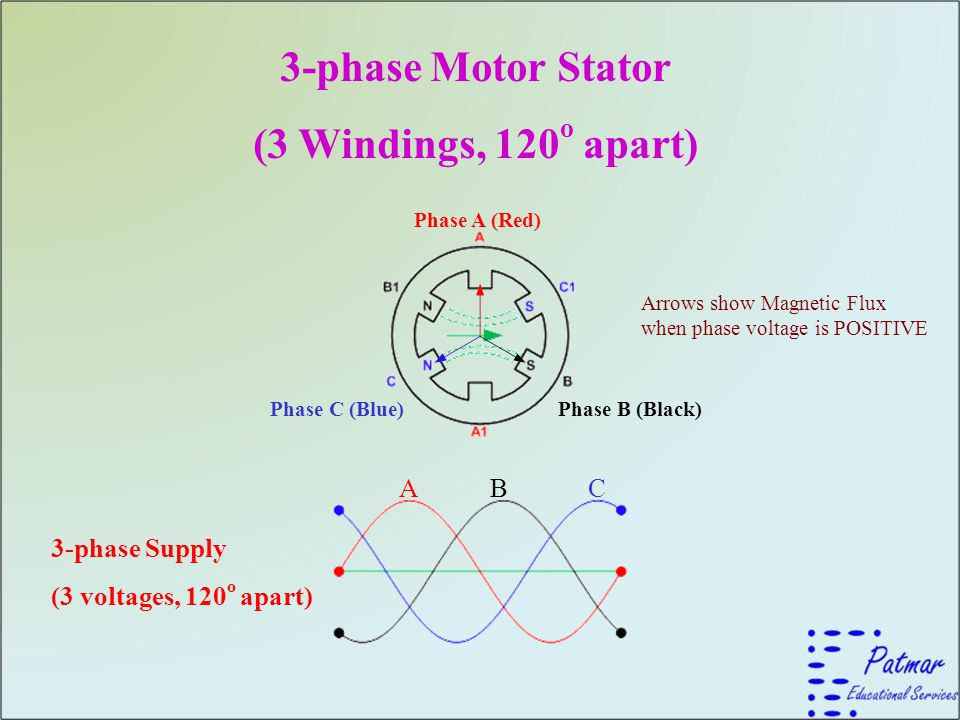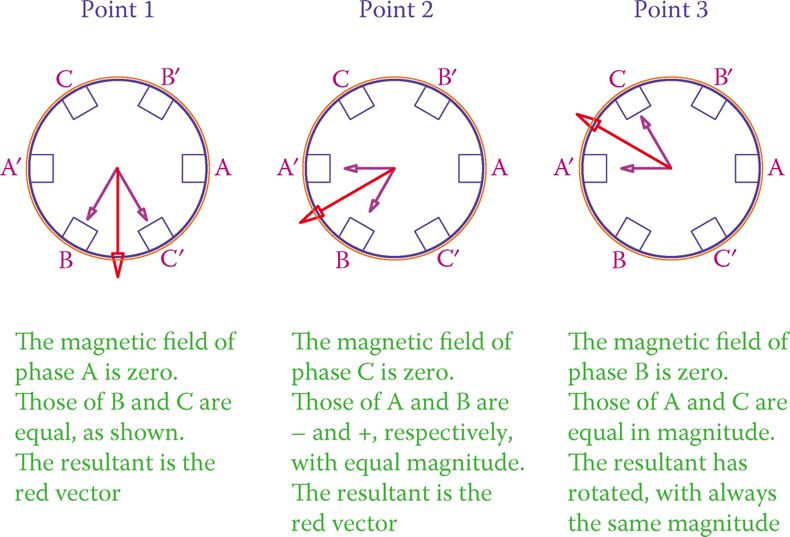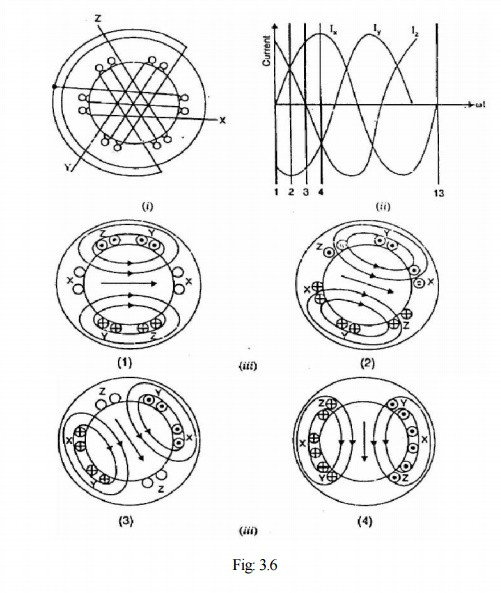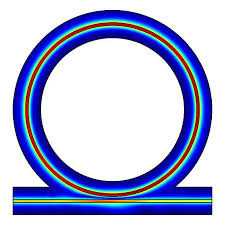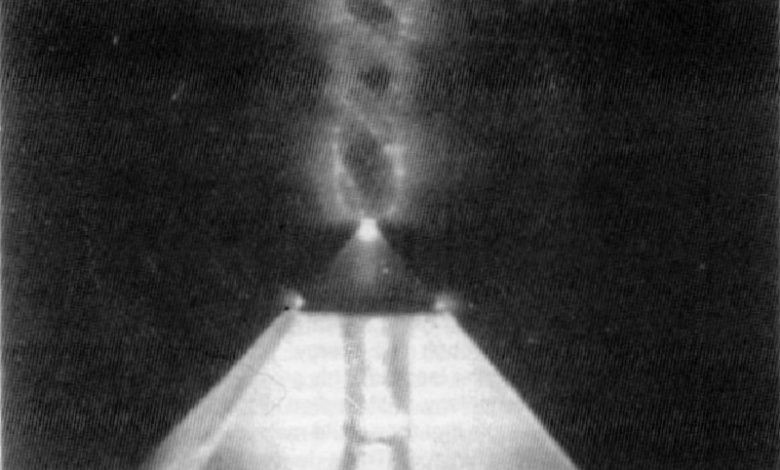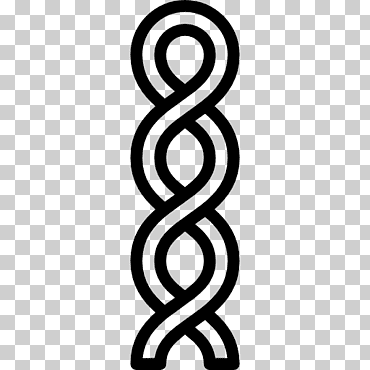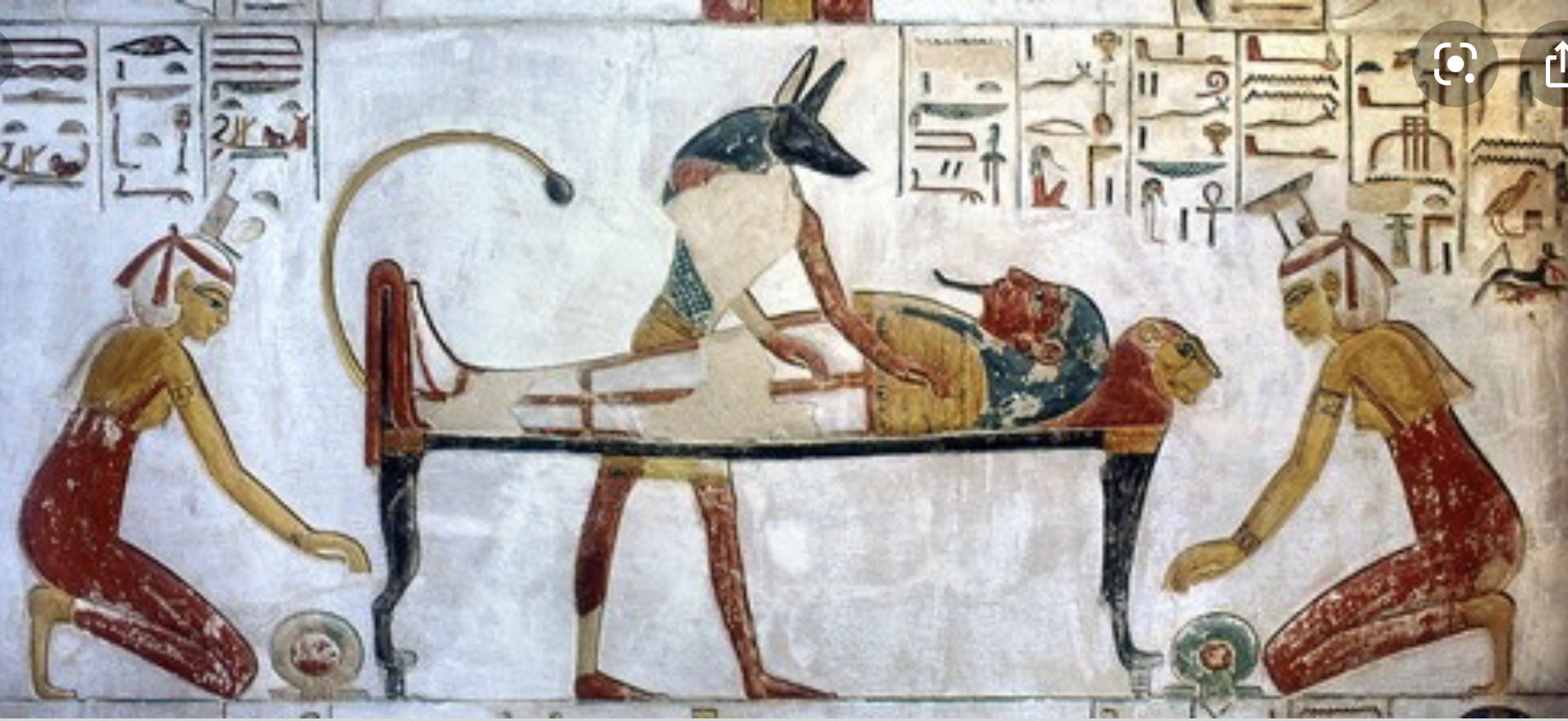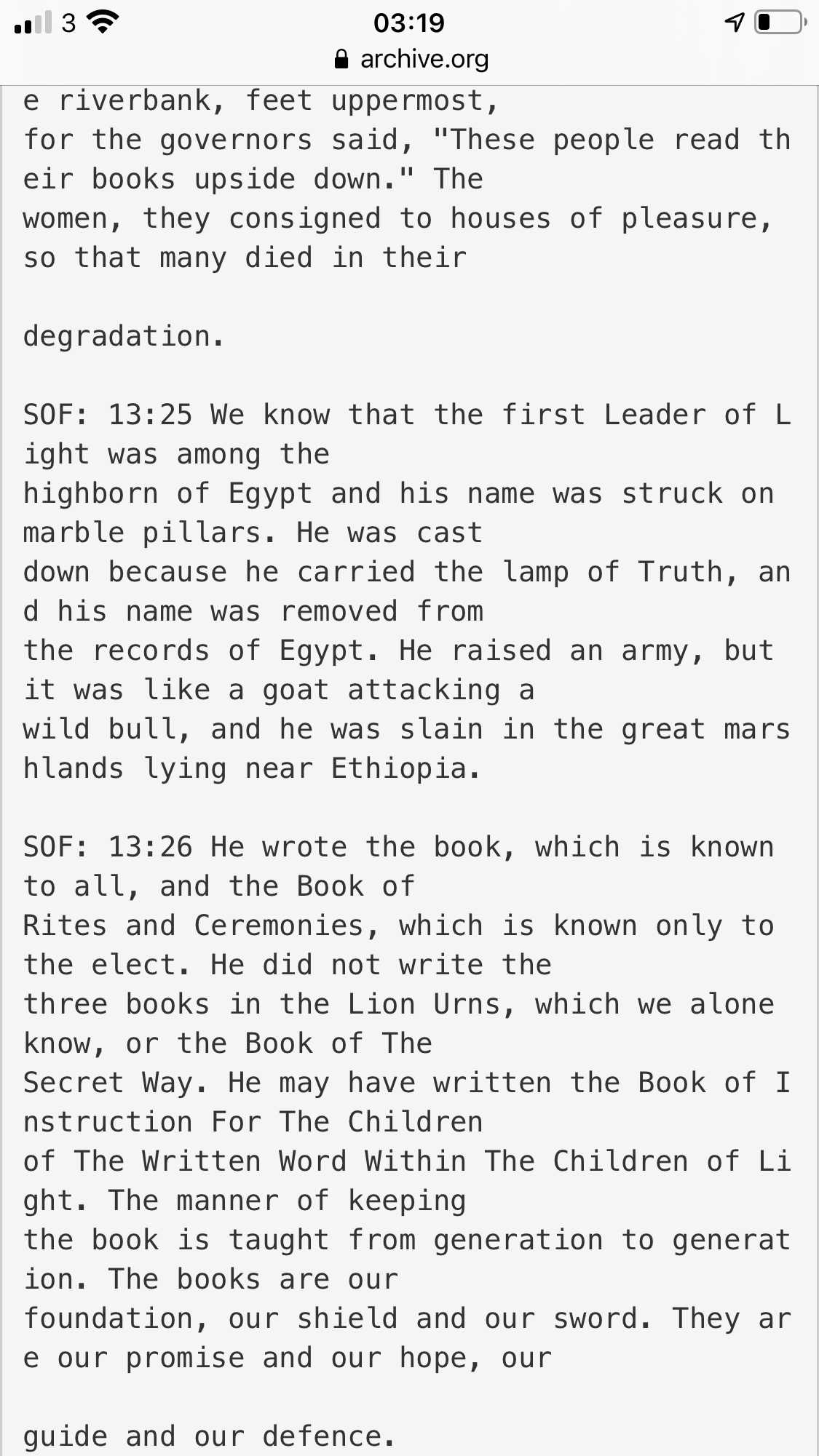Three-phase power provides three alternating currents, with three separate electric services. Each leg of alternating current reaches a maximum voltage, only separated by 1/3 of the time in a full cycle. In other words, the power output of a three-phase power remains to be constant, and it never drops into zero.
The rotating magnetic field is produced by the three-phase current of the stator in the actual three-phase induction motor. ... The three-phase windings of the inner stator are spaced 120° electrical degrees apart. In addition, the conductor of each winding is distributed such as a sinusoidal wave.
O S I R I S
O👉🏻Optical Ring Resonator
S👉🏻Sinewave
I R I S👉🏻The Goddess of the Rainbow
A R I S I N G
A R E S U R R E C T I O N
A RE B IRTH IN G
A S A R
L ' A S A R
Min was closely associated with fertility and agriculture, and so with Osiris.
Min's cult began and was centered around Coptos (Koptos) and Akhmim (Panopolis) of upper Egypt, where in his honour great festivals were held celebrating his "coming forth" with a public procession and presentation of offerings.
After two days will he revive us: in the third day he will raise us up, and we shall live in his sight.
"Did I not tell you that if you believed, you would see the glory of God?"
Our friend Lazarus is asleep, but I am going to awaken him."
"I am the resurrection, and the life: he that believeth in me, though he were dead, yet shall he live: And whosoever liveth and believeth in me shall never die". Martha affirms that she does truly believe and states, "Yes, Lord. I believe that you are the Messiah, the Son of God, who has to come into the world." Later the narrator here gives the famous simple phrase, "Jesus wept".
"Father, I thank you that you have heard me. I knew that you always hear me, but I said this for the benefit of the people standing here, that they may believe that you sent me." He then calls Lazarus to come out ("Come forth") and Lazarus does so, still wrapped in his grave-cloths. Jesus then calls for someone to remove the grave-cloths, and let him go.
🕊
Ra called for the sleeping fruit be mixed with beer to stop her destruction of man... Tomato is a fruit
hold on...
This is intriguing to say the least.
defence; plural noun: defences; noun: defense; plural noun: defenses
1.
the action of defending from or resisting attack.
"methods of defence against this kind of attack"
protection
shielding
safeguarding
guarding
security
fortification
cover
shelter
screen
resistance
deterrent
vindication
justification
support
advocacy
approval
endorsement
promotion
apology
apologia
explanation
explication
excuse
extenuation
exoneration
palliation
an instance of defending a title or seat in a contest or election.
"his first title defence against Johnson"
From Middle English defens, defense, from Old French defens, defense, from Latin dēfensa (“protection”).
A strategy and tactics employed to prevent the other team from scoring; contrasted with offence.
no offence — do not be offended.
"OK, lady, no offence, just shooting my mouth off as usual"
offense (countable and uncountable, plural offenses) (American spelling)
The act of offending:
a crime or sin
an affront, insult or injury.
sin
(mathematics) A symbol of the trigonometric function sine.
From Middle English sinne, synne, sunne, zen, from Old English synn (“sin”), from Proto-Germanic *sunjō (“truth, excuse”) and *sundī, *sundijō (“sin”), from Proto-Indo-European *h₁s-ónt-ih₂, from *h₁sónts ("being, true", implying a verdict of "truly guilty" against an accusation or charge), from *h₁es- (“to be”); compare Old English sōþ ("true"; see sooth).
sin (countable and uncountable, plural sins)
(theology) A violation of God's will or religious law.
As a Christian, I think this is a sin against God.
A sin offering; a sacrifice for sin.
force (v.) c. 1300, forcen, also forsen, "exert force upon (an adversary)," from Old French forcer "conquer by violence," from force "strength, power, compulsion" (see force (n.)). ... 1400 as "compel by force, constrain (someone to do something)." Meaning "bring about by unusual effort" is from 1550s.
From Middle English force, fors, forse, from Old French force, from Late Latin or Vulgar Latin *fortia, from neuter plural of Latin fortis (“strong”).
force (countable and uncountable, plural forces)
Strength or energy of body or mind; active power; vigour; might; capacity of exercising an influence or producing an effect.
Power exerted against will or consent; compulsory power; violence; coercion.
(countable) Anything that is able to make a substantial change in a person or thing.
(countable, physics) A physical quantity that denotes ability to push, pull, twist or accelerate a body and which has a direction and is measured in a unit dimensioned in mass × distance/time² (ML/T²): SI: newton (N); CGS: dyne (dyn)
Something or anything that has the power to produce a physical effect upon something else, such as causing it to move or change shape.

